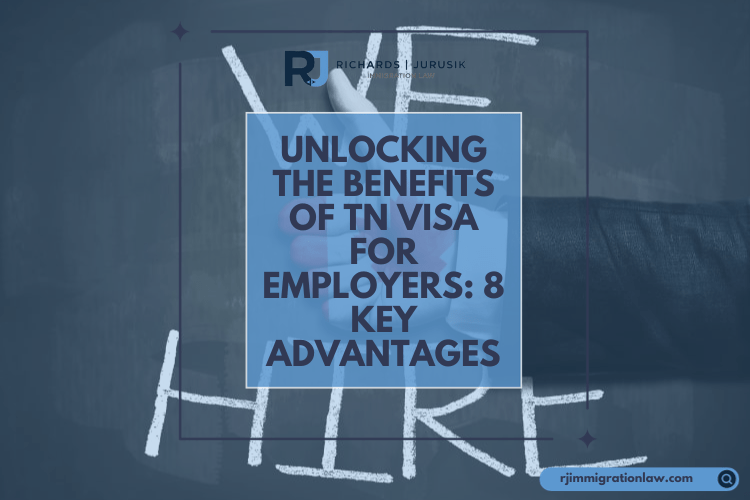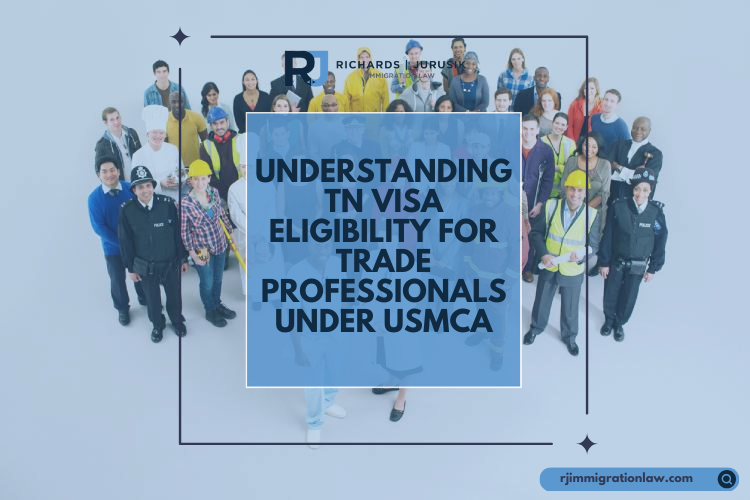The E2 Investor Visa is a pathway for foreign investors to participate in U.S. business operations actively, but the linchpin is a substantial and genuine investment. In this article, we explain what defines an “investment” under the E2 visa category, focusing on three pivotal factors.
Factor 1: Source of Funds – A Global Spectrum
According to INA 101(a)(15)(E)(ii), E2 visa eligibility rests on investments derived from lawful activities globally. The investor must have absolute control over funds originating from sources such as:
- Capital assets or savings.
- Gifts or inheritance.
- Contest winnings.
- Loans collateralized by personal assets or other lawful sources.
Ensuring legitimacy is paramount, with any association with illicit activities rendering the investment ineligible.
Factor 2: Risk of Funds – The Prerequisite for Financial Gain
An E2 visa-worthy investment necessitates a risk factor for potential financial gain. Non-profit ventures are excluded from eligibility, emphasizing the need for a genuine business risk. While mortgage debt or business-secured loans lack this risk, debts collateralized by personal assets or unsecured loans align with E2 visa criteria.
Factor 3: Commitment of Funds – Irreversible and Binding
The investor must make an irreversible and binding commitment of funds or assets to the investment. Even if contingent on E-2 visa issuance, the commitment should be unchangeable. Assets securely held in escrow, poised for transfer upon meeting conditions, exemplify this commitment. The investor’s agreement and fund allocation signal an irreversible commitment, amplifying the risk associated with potential business failure.
Crucial Note: Understanding Genuine Investment
Intentions to invest, uncommitted funds, or prospective deals lacking a firm commitment fall short of E-2 visa investment criteria. Only genuine, committed investments that expose the investor’s funds to risk in case of business failure align with E2 visa requirements.
Conclusion
Understanding the intricacies of E2 visa investment is pivotal for foreign investors eyeing U.S. business opportunities. A genuine investment, rooted in lawful sources, bearing financial risk, and marked by an irreversible commitment, forms the foundation for a successful E2 Investor Visa application.
Citations
We Can Help!
You may have questions regarding E-2 investor visa requirements. We invite you to contact our team at Richards and Jurusik for detailed guidance and assistance. We aim to provide the most accurate and up-to-date information to make your immigration process smoother and less stressful. The immigration lawyers at Richards and Jurusik have decades of experience helping people to work and live in the United States. Read some of our hundreds of 5-star client reviews! Contact us today to assess your legal situation.







